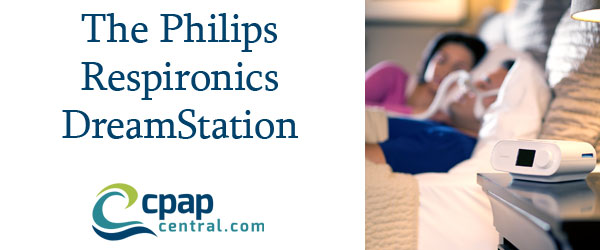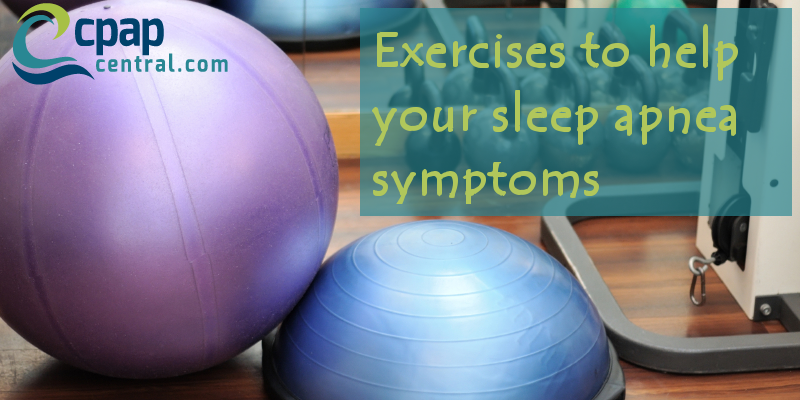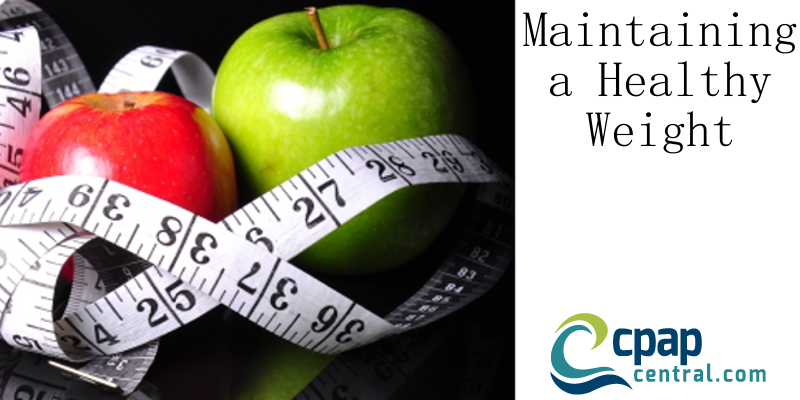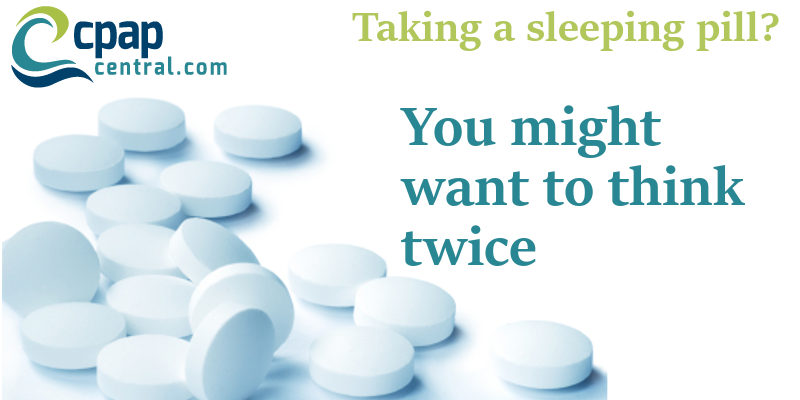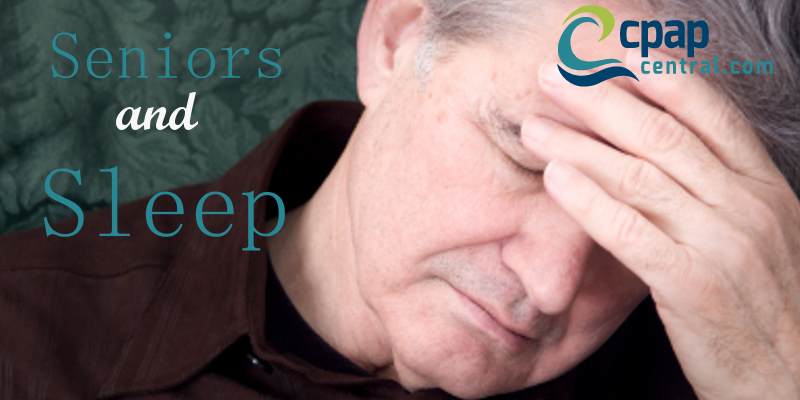
Is it getting harder and harder for you to fall asleep as you age? You’re not alone. Sleep problems become much more pronounced as we get older. In fact, it’s not uncommon for a healthy 70-year-old person to wake up several times throughout the night. So, how can you tell what is and is not normal for as you age? Today, CPAPCentral.com will help you or a loved one understand why sleep disorders are common with seniors.
The list of things that can lead to poor sleep in older people is long. Some of those include:
Alzheimer’s Disease – People with Alzheimer’s often get days and nights confused. They can be sleepy throughout the day and then become wide awake and restless at night. This is particularly hard on spouses or caretakers who need to adjust their sleep to the new schedule.
Alcohol – Even though alcohol is a depressant, when the alcohol filters through our bodies, the effects wear off and we wake up again. As we age, we may not be able to handle alcohol the way we did in our younger years. Some alcohol, like a beer or glass of red wine, can be good for the body and overall health, but any alcohol should be consumed in moderation and early in the evening, well before bedtime.
Stimulants – We live in a caffeinated world. Coffees and teas have gone from being a simple drink we had in our thermos cups to a multibillion dollar “double-shot espresso, hold the cream, skinny latte” phenomenon. Don’t forget to include energy drinks and soda to this equation too!
Just like alcohol, some caffeine is good for you and has even been suggested for people with Parkinson’s disease. As we age, we also lose our need for caffeine and our tolerance. If you still want to enjoy a bit of caffeine, drink it earlier in the day and cut it off by the afternoon. Switch to decaf or half-caffeinated coffees or teas.
CPAPCentral.com carries many CPAP accessories to help you get a better night’s sleep. Visit our website today and check out what we have!

